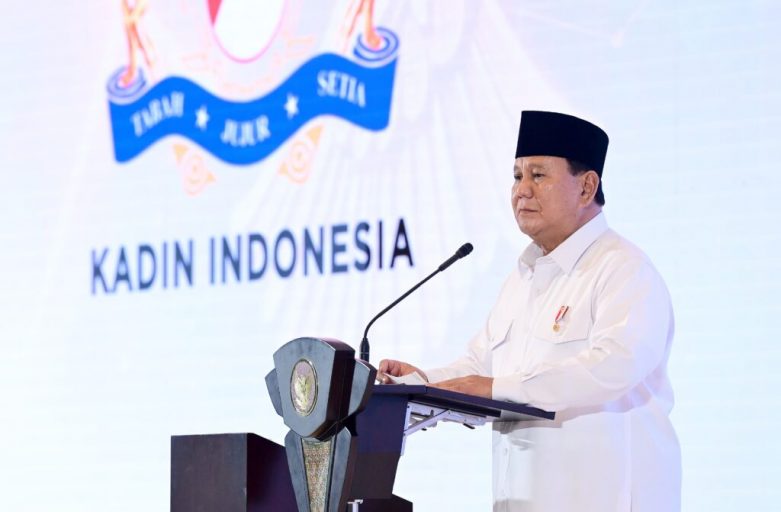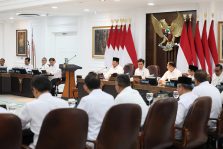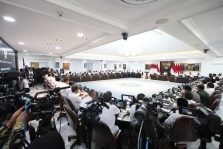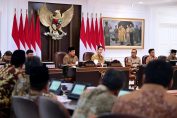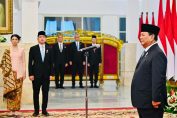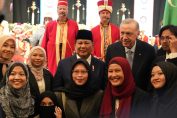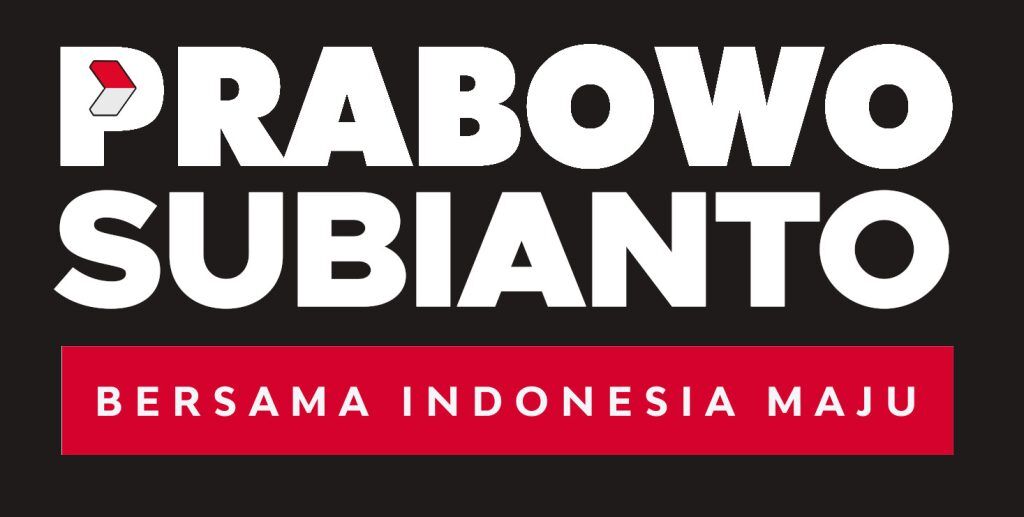Jakarta — A majority of Indonesians—68 percent—believe the implementation of the Free Nutritious Meal (MBG) program initiated by President Prabowo Subianto’s administration is running well. This finding comes from a recent survey by Indonesia Political Opinion (IPO) on public perceptions of government optimism and performance.
According to the survey, 60 percent of respondents expressed satisfaction with the MBG program. Meanwhile, 19 percent said they were dissatisfied, and the remainder did not respond.
Another government initiative that received public appreciation is budget efficiency. This policy was enacted through Presidential Instruction (Inpres) No. 1 of 2025, which mandates ministries and agencies to cut expenditures, targeting savings of IDR 306.6 trillion.
Based on the IPO survey, 77 percent of respondents support the budget efficiency policy, with 72 percent stating they are satisfied with it. Only 19 percent expressed dissatisfaction, and the rest gave no answer.
Overall, 81 percent of Indonesians said they were satisfied with President Prabowo Subianto’s performance since he took office in October 2024. Key reasons for this satisfaction include his decisiveness and authority (19.5 percent), commitment to combating corruption (16.7 percent), and experience in government (11.5 percent).
“This high approval rating indicates that the public still has strong expectations for President Prabowo’s leadership,” said IPO Executive Director Dedi Kurnia Syah in a press release on Sunday (June 1).
However, 19 percent of respondents reported dissatisfaction with Prabowo’s performance. According to Dedi, the President faces significant challenges in the areas of economic growth and employment.
“The government must prioritize pro-people policies to maintain economic and social stability,” Dedi emphasized.
The IPO survey was conducted from May 22 to 28, 2025, involving 1,200 respondents through face-to-face interviews. It has a margin of error of 2.90 percent and a confidence level of 95 percent. The sampling method used was multistage random sampling (MRS) to ensure data representativeness.

